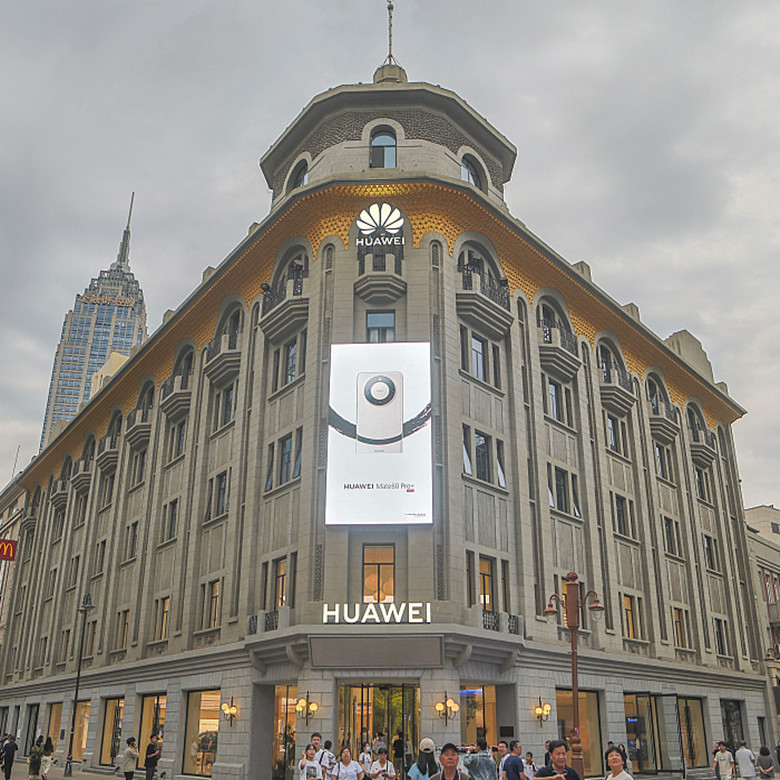Nov . 27, 2024 14:30 Back to list
Suppliers of Hexagonal Wire Fencing for Various Agricultural and Industrial Applications
Understanding Hexagonal Wire Fencing and Its Suppliers
Hexagonal wire fencing is a versatile and widely used fencing solution that serves various applications across agriculture, construction, and garden landscaping. This type of fencing is characterized by its hexagonal mesh pattern, which offers numerous benefits, including structural strength, visibility, and ease of installation. In this article, we will explore the fundamentals of hexagonal wire fencing, its various applications, and what to look for when selecting suppliers.
What is Hexagonal Wire Fencing?
Hexagonal wire fencing, often referred to as chicken wire, is made from thin steel, often galvanized for corrosion resistance. The hexagonal pattern enables the wire to form a strong barrier while providing a degree of flexibility. The size of the opening can vary, but it typically ranges from 1 inch to 2 inches, making it suitable for keeping small animals contained while allowing sunlight and air to pass through.
This fencing is commonly used in agricultural settings for poultry enclosures, garden protection, and livestock grazing areas. Its lightweight nature and easy-manipulation capabilities make it an ideal choice for both professional farmers and DIY enthusiasts.
Applications of Hexagonal Wire Fencing
1. Poultry Fencing One of the most common uses of hexagonal wire fencing is to create enclosures for chickens and other poultry. The small mesh openings prevent birds from escaping while keeping predators at bay.
2. Garden Protection Gardeners often use hexagonal fencing to protect plants from small animals such as rabbits, squirrels, and deer. The fencing allows sunlight and rain to reach the plants while providing a physical barrier.
3. Livestock Management For larger farms, hexagonal wire can also be used to create paddocks for sheep and goats. Its strength and flexibility make it suitable for containing animals without causing injury.
4. Erosion Control and Landscaping Hexagonal wire fencing can be employed in landscaping to stabilize soil and prevent erosion. By forming mesh units with soil and plants, it provides structural support to slopes and embankments.
hexagonal wire fencing suppliers

Selecting the Right Supplier
When it comes to purchasing hexagonal wire fencing, the choice of supplier is crucial for ensuring quality and reliability. Here are some factors to consider
1. Quality of Materials Look for suppliers that offer high-quality galvanized wire, which resists rust and deterioration. A reputable supplier should provide clear information about the materials used in their products.
2. Product Variety Different applications may require various mesh sizes and wire gauges. A good supplier will offer a range of options to cater to specific needs, whether for agricultural use or decorative landscaping.
3. Pricing While quality should be a priority, it's also essential to consider your budget. Compare prices across different suppliers to find the best deal without compromising on quality.
4. Customer Service Supplier support is vital. Opt for suppliers willing to help you with any queries, including installation advice and handling concerns post-purchase. Customer reviews can be beneficial in gauging a supplier's reputation in this regard.
5. Delivery and Availability Check the delivery terms and stock availability. Reliable suppliers should have efficient logistics to deliver the product safely and promptly. Especially for larger orders, confirm that they have the capability to handle bulk shipments.
Conclusion
Hexagonal wire fencing is a practical choice for various applications, from agriculture to landscaping. When selecting a supplier, ensure they meet your needs concerning quality, variety, pricing, customer service, and delivery. With the right fencing and supplier, you can enhance your agricultural productivity, protect your gardens, or create beautiful landscape designs efficiently. Whether you are a seasoned farmer or a gardening novice, investing time to choose the right hexagonal wire fencing and suppliers can significantly impact your project’s success.
-
Hop Dipped Galvanized/PVC Coated Temporary Fence - Anping County Xingzhi Metal Wiremesh Products Co., Ltd.|Temporary Fencing Solutions, Durable Security Products
NewsJul.30,2025
-
Hop Dipped Galvanized/PVC Coated Temporary Fence-Anping Xingzhi|Durability&Cost-Effective
NewsJul.30,2025
-
Hop-Dipped Galvanized PVC Fence - Anping Xingzhi | Durable, Quick Deployment
NewsJul.30,2025
-
Hop Dipped Galvanized/PVC Coated Temporary Fence - Anping County Xingzhi|Temporary Fencing, Durable Security, Customization
NewsJul.30,2025
-
Hop Dipped Galvanized PVC Coated Temporary Fences - Anping County Xingzhi|Durable Corrosion Resistance, Quick Installation
NewsJul.30,2025
-
Hop Dipped Galvanized / PVC Coated Temporary Fence - Anping County Xingzhi Metal Wiremesh Products Co., Ltd|Durable Temporary Fencing&Versatile Applications
NewsJul.30,2025



